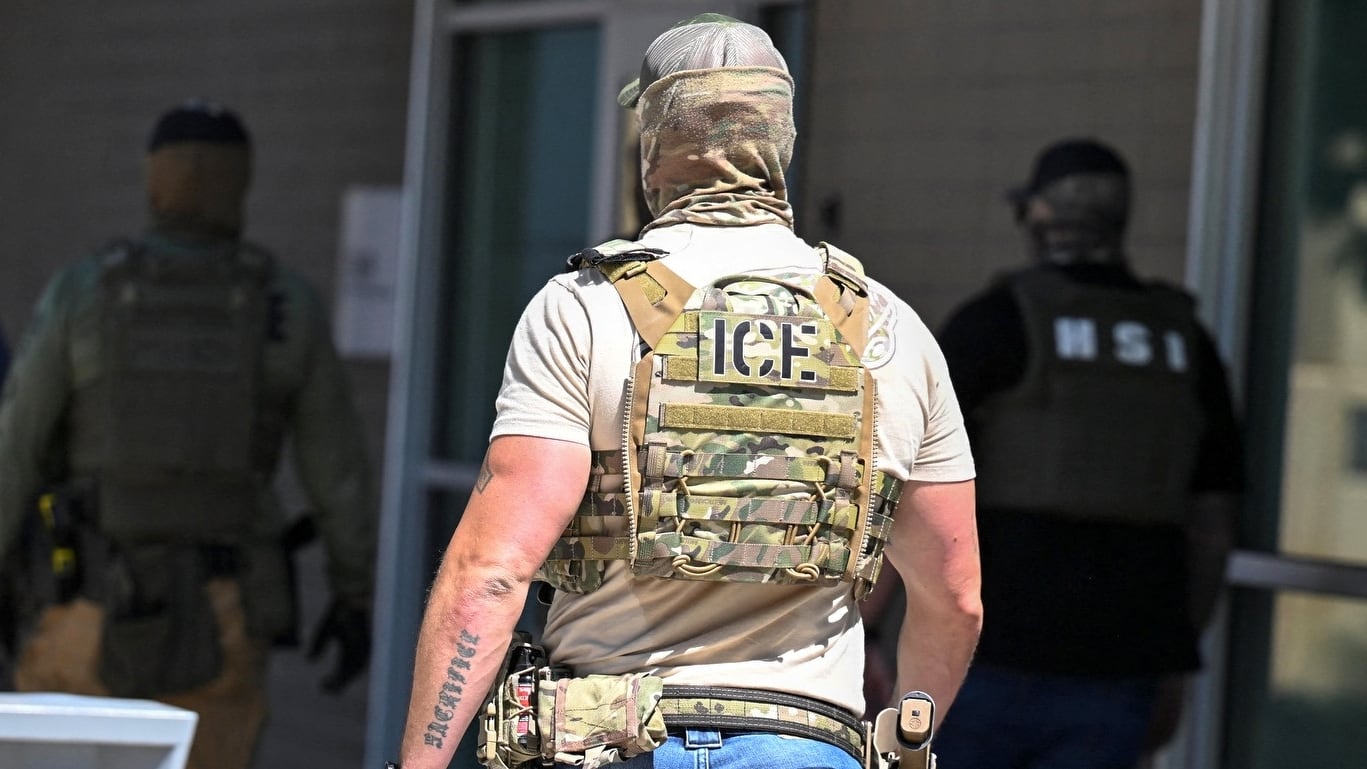URGENT UPDATE: The Trump administration has just announced a significant policy shift aimed at accelerating the deportation of unaccompanied migrant children. According to a CNN report released earlier today, U.S. Customs and Border Protection (CBP) staff are now required to ask children encountered during immigration enforcement operations if they wish to voluntarily depart the country.
This new directive raises serious concerns among child advocacy groups. If a child agrees to self-deport, they will be transferred to Immigration and Customs Enforcement (ICE) for immediate action. ICE must pick up these children from CBP within 72 hours. If not picked up within that timeframe, the children will be referred to the Health and Human Services Department (HHS).
Previously, federal authorities followed a long-standing protocol that mandated the transfer of unaccompanied children to HHS care. Under the old policy, only children from Mexico and Canada were asked about self-deportation. A spokesperson from the Department of Homeland Security defended the new approach, stating, “This is a long-standing practice that was used by previous administrations to prioritize getting children back to the safety of a parent or legal guardian in their home country.”
However, the implications of this shift are alarming. Neha Desai, managing director of the National Center for Youth Law, expressed deep concern, stating, “A child is in no position to understand the consequences of self-deporting, particularly without the guidance of an attorney.” This sentiment underscores the vulnerability of these children and the potential risks they face under the new policy.
As this situation develops, the impact on thousands of children could be profound. Advocates warn that this policy could expose unaccompanied minors to increased danger and instability, as many lack the necessary support systems to navigate this complex legal landscape.
This urgent development demands immediate attention as authorities begin to implement the new directives. Activists are calling for a review of the policy, urging lawmakers to reconsider the potential humanitarian implications for these vulnerable children.
Looking ahead, stakeholders will be watching closely to see how this policy affects migrant families and the broader immigration landscape in the coming weeks. As advocates rally against these changes, the spotlight remains on the administration’s next steps and the ongoing debate surrounding immigration reform.
Stay tuned for further updates as this story unfolds.
